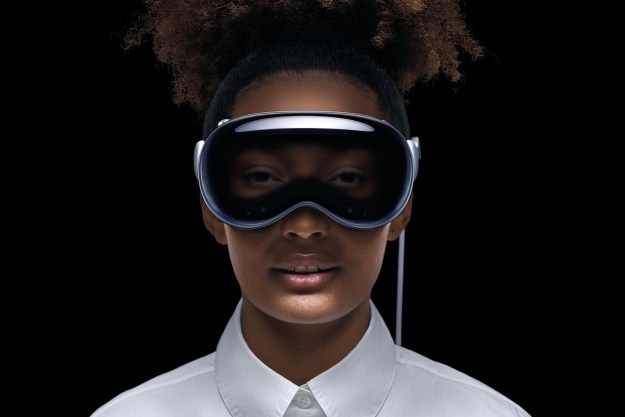Mozilla, the maker of the Firefox web browser, has been invested in augmented reality (AR), or mixed reality, and virtual reality (VR) for some time now. Starting with Firefox 5.5, for example, Mozilla has officially supported WebVR, a growing standard that lets anyone experience VR with just a VR headset and a compatible browser. Now, Mozilla is expanding its involvement with a new browser that’s designed specifically for mixed reality and VR.
Dubbed Firefox Reality, the new browser is aimed directly at stand-alone AR (mixed reality) and VR headsets. According to Mozilla, the purpose of Firefox Reality is to extend support for mixed reality and VR beyond the smartphones, tablets, and PCs that currently drive the technology, and to make it more accessible as the web continues to grow and advance. The browser expands on Mozilla’s past work on supporting both WebVR and A-Frame, the web framework for building out AR and VR solutions on Vive, Rift, Daydream, GearVR, and desktop.
WebVR is a cross-platform standard for making VR available within any browser, and it works with WebGL to create powerful and efficient 3D experiences. Firefox’s support for WebVR positioned it as another viable VR publishing platform, and now Firefox Reality will catapult the availability of WebVR on stand-alone headsets.
In touting the new browser, Mozilla clearly sees some advantages. First, Firefox Reality will be the first cross-platform browser that’s specifically designed for mixed reality, and it will thus avoid the pitfalls of other closed, platform-specific mixed reality browsing solutions. Second, Firefox Reality will benefit from the speed advantages of Firefox Quantum. And third, Firefox Reality will leverage Mozilla’s commitment to privacy, which the organization concedes is not yet formalized in the mixed reality and VR mediums.
Clearly, Mozilla has work to do in getting Firefox Reality to the market, and the browser’s availability has not yet been established. The company will be providing more information on Twitter, including updates on availability on headsets. In the meantime, interested parties can visit Mozilla’s Mixed Reality Blog for more details and for a demo of Firefox Reality running on the HTC Vice Focus stand-alone VR headset.
Editors' Recommendations
- Vision Pro 2: everything we expect from the future of Apple’s headsets
- What’s behind customers returning their Vision Pro headsets?
- Vision Pro could take ‘four generations’ to reach ideal form
- Zoom unveils immersive app for Apple’s Vision Pro headset
- Apple shares new Vision Pro ad just days before launch


